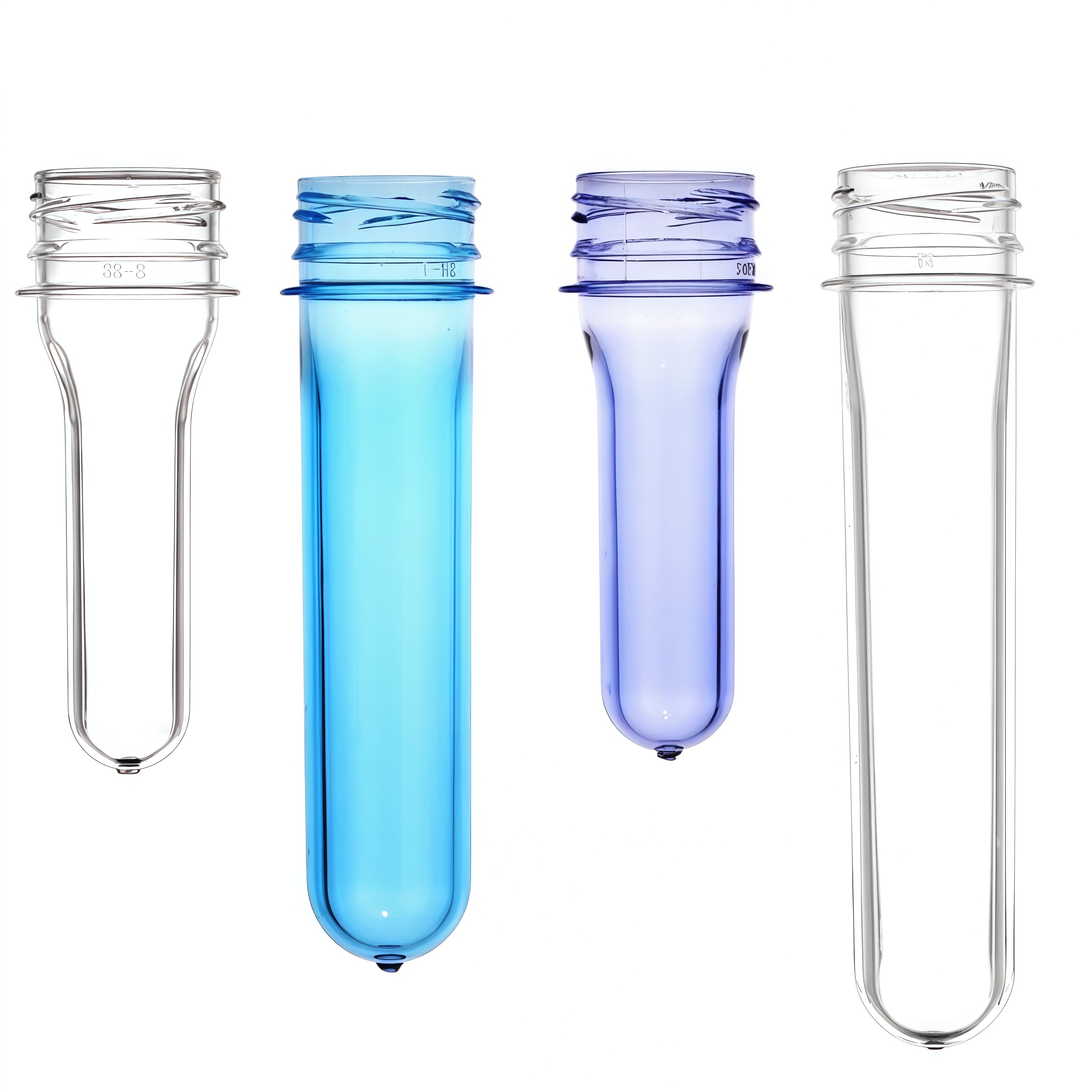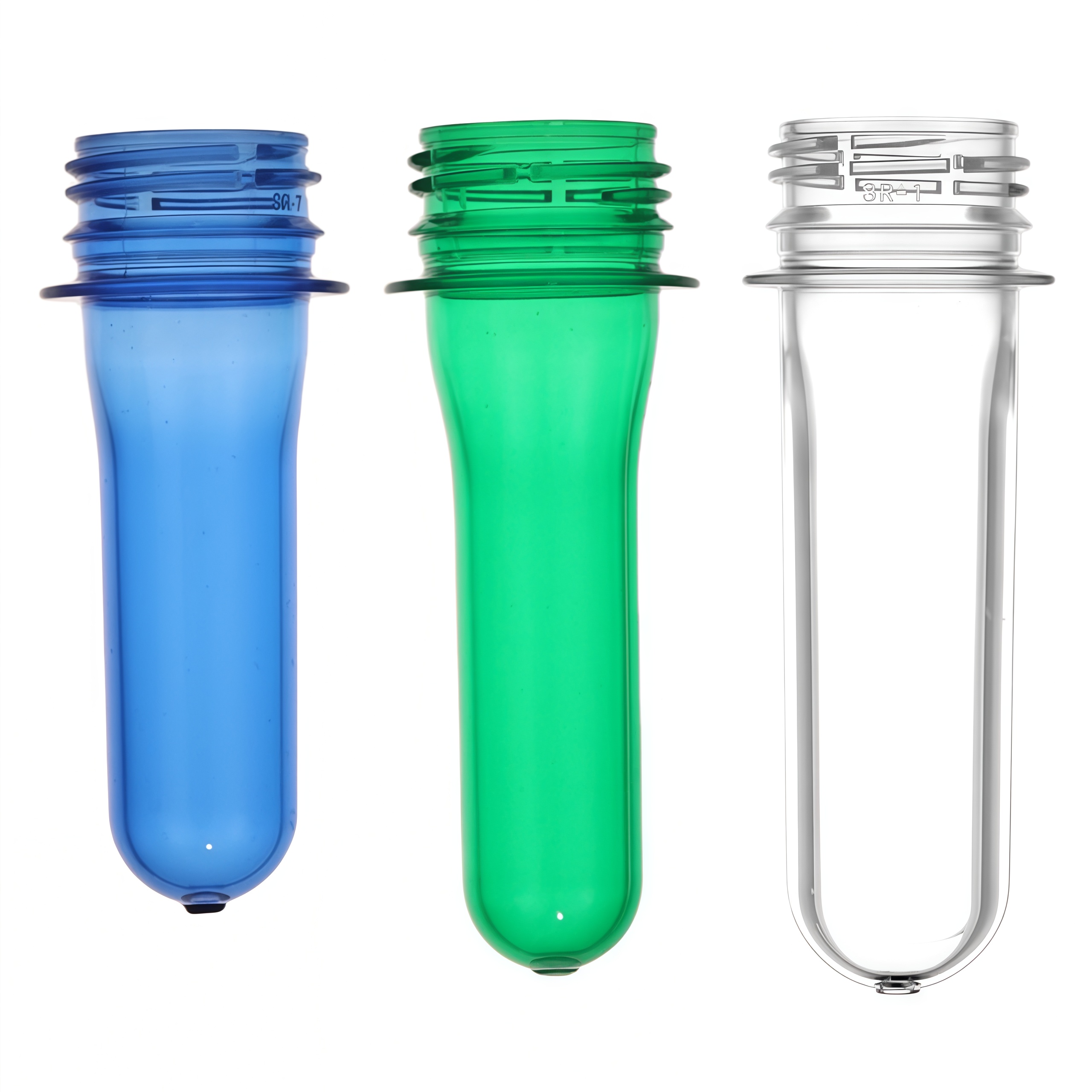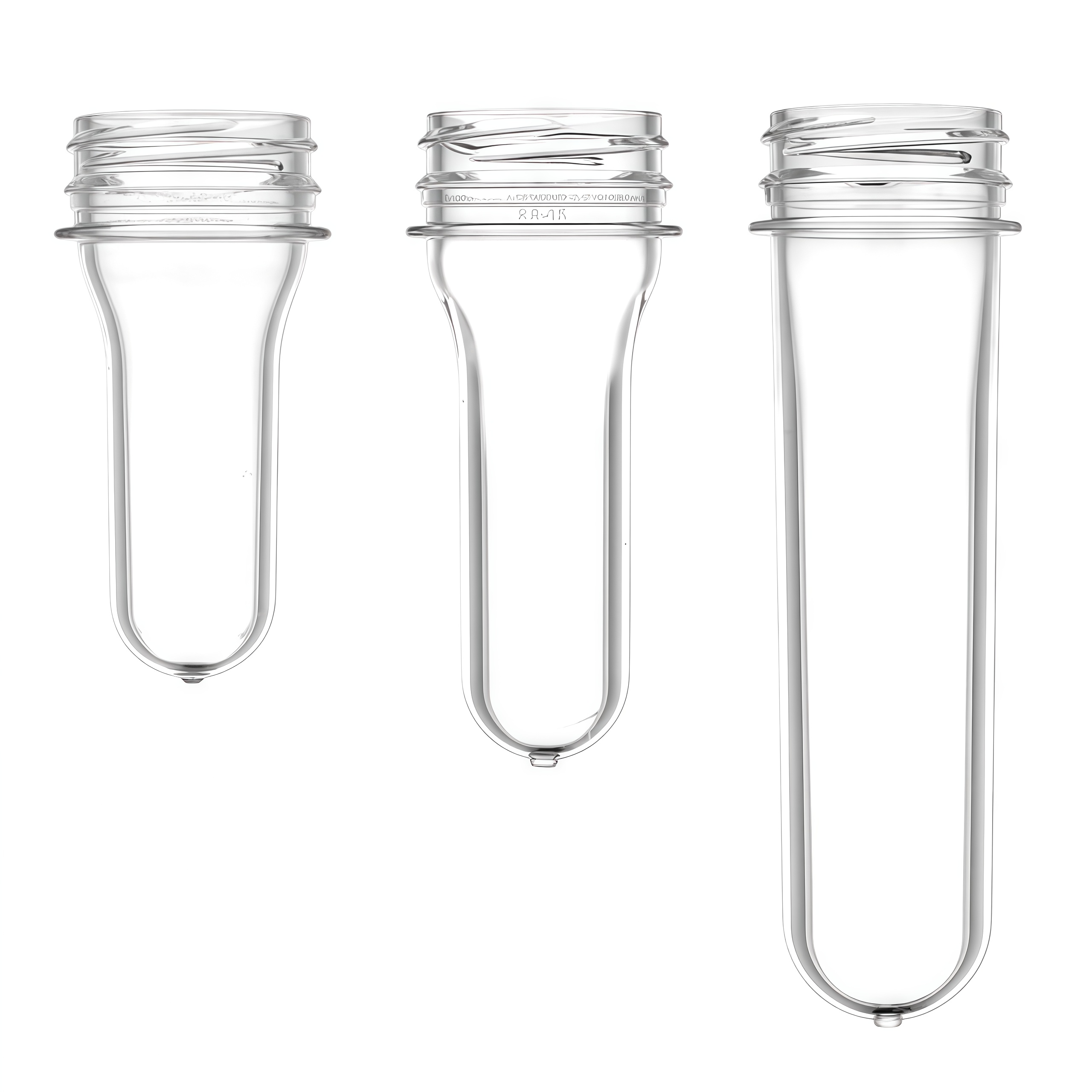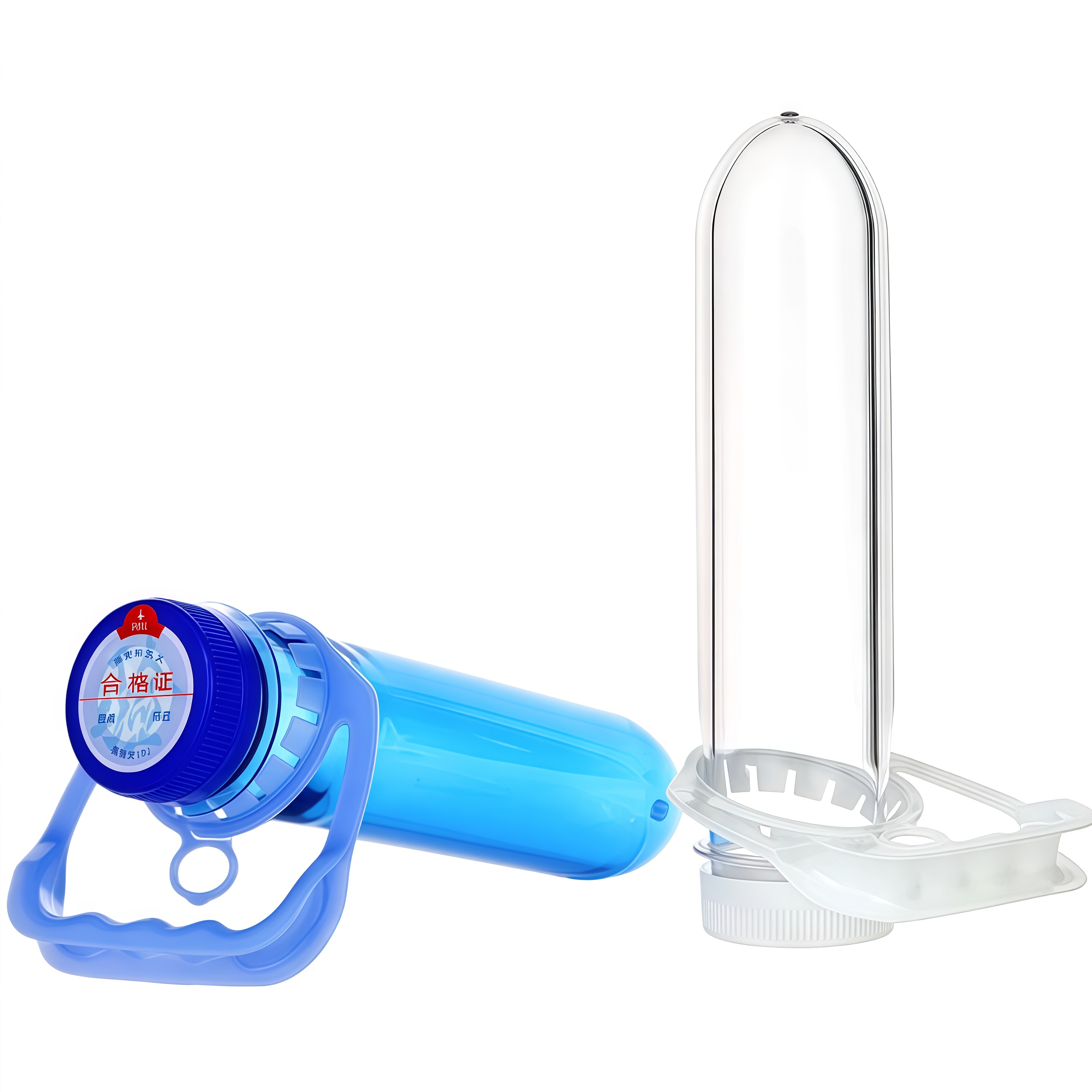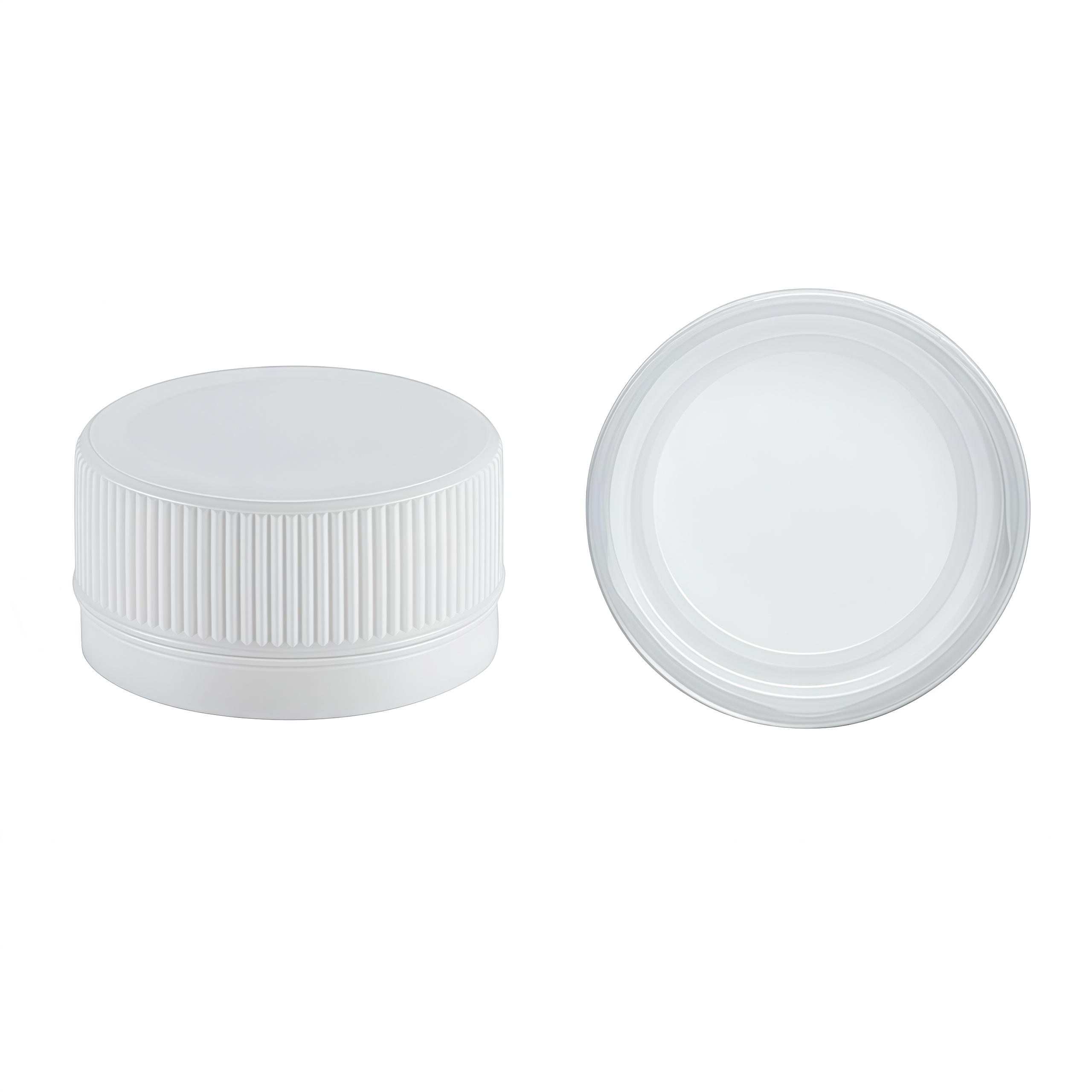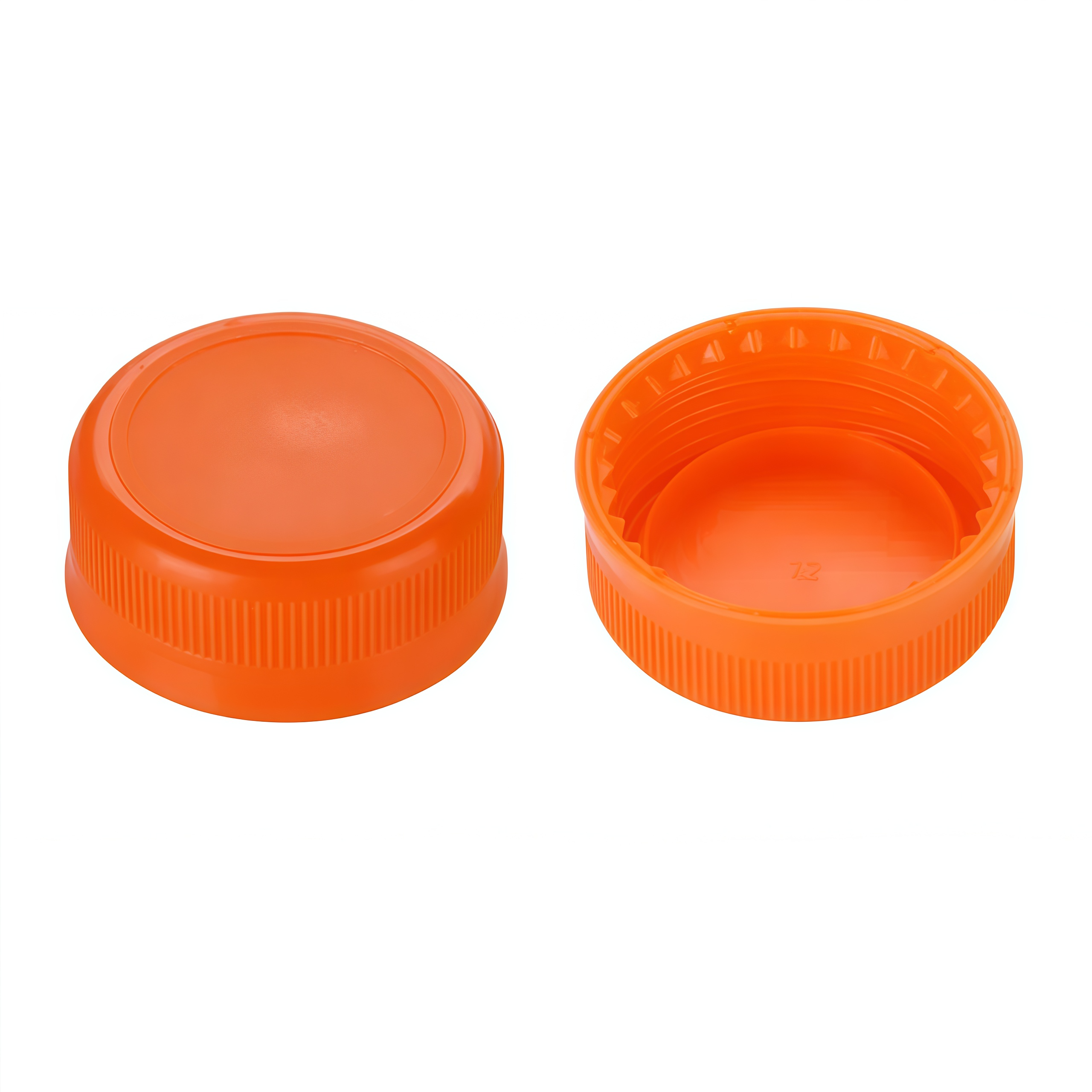Understanding Standard PCO Preform Threads
Preforms play a crucial role in the manufacturing of plastic bottles, particularly in the beverage and food packaging industry. Among the various standards for bottle neck designs, the PCO (Plastic Closures Only) preform thread is one of the most commonly used. In this article, we'll explore what PCO preform threads are, the types and sizes available, their application, and the critical factors to consider when choosing the right thread for specific needs.
What Are PCO Preforms?
PCO preforms are the initial molded plastic parts that are used to form plastic bottles. They are typically made from PET (Polyethylene Terephthalate) and are designed to be blown into bottles after heating and stretching in a molding machine. The thread on the neck of the preform is designed to accept a closure, such as a cap or lid, ensuring the bottle is securely sealed.
The PCO preform thread is specifically designed for closures that will be screwed onto the bottle. These threads need to be precise and standardized to ensure compatibility with a wide range of closures available in the market.
Types of PCO Preform Threads
There are various thread types used for different applications. The most common types of PCO preform threads include:
PCO 1810 (also known as PCO 18mm):
This is one of the most widely used preform threads for 28mm and 18mm closures. It's standard for beverages like water, soda, and juices. The "18mm" refers to the diameter of the preform neck.
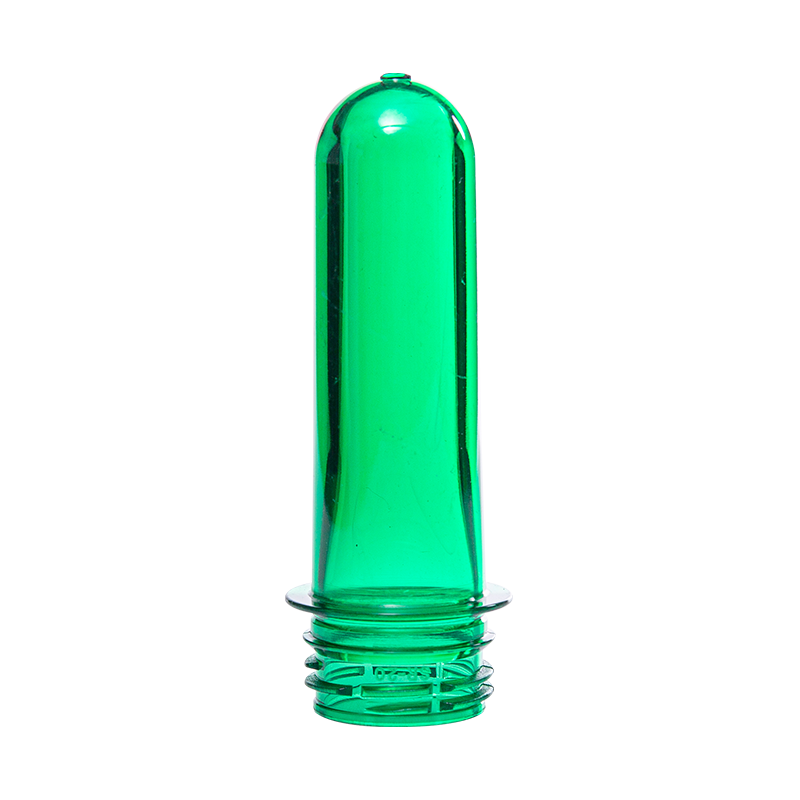
PCO 28mm:
Used primarily for larger bottles, the 28mm PCO preform thread is one of the most common in beverage packaging. The 28mm thread size can accommodate screw-on closures for both carbonated and non-carbonated drinks.
PCO 30mm:
This is less common than the 28mm but still widely used in some markets, especially for larger bottles that require stronger closure systems.
PCO 38mm:
Used primarily for industrial and larger packaging, the 38mm preform threads are generally used for larger volume products like detergents, oil, or large beverage bottles.
Importance of Thread Design
The thread on a PCO preform is critical in ensuring a proper seal. The design of the thread must account for the following factors:
Compatibility with Closures: The preform thread must perfectly align with the cap or closure to prevent leaks. Even slight inconsistencies in thread design can result in poor sealing and contamination.
Torque Strength: The amount of force required to screw the closure onto the preform is crucial. A poorly designed thread can lead to either an over-tightened or under-tightened seal.
Sealing Performance: The internal and external geometry of the thread needs to ensure that the bottle’s content remains secure, even under pressure or varying temperatures.
Factors Affecting the Choice of PCO Preform Threads
When choosing a PCO preform thread, several factors must be considered to ensure the right fit for the packaging needs:
Product Type: Depending on whether the bottle will hold carbonated beverages, oils, or cosmetics, the type of preform thread must be selected accordingly to ensure a tight seal.
Closure Type: Closures come in different styles, including screw caps, sports caps, or tamper-evident designs. The thread profile must match the closure to guarantee optimal performance.
Bottle Size and Shape: The size of the bottle, including the diameter and neck shape, will determine the type of preform thread to be used. Larger bottles generally require thicker or more robust threads.
Regulatory Standards: In some industries, especially food and beverage, there are regulatory standards for bottle closures and threads that must be followed.
Manufacturing and Quality Control of PCO Preform Threads
PCO preform threads must be manufactured with high precision, typically using injection molding techniques. The production process must ensure uniformity, as even slight variations in the thread design can affect the bottle's ability to be sealed properly.
Common challenges in manufacturing include:
Thread Tolerance: The thread must adhere to very tight tolerances to ensure compatibility with closures.
Material Consistency: Variations in the resin used to create the preforms can affect the thread's strength and performance.
Mold Design: The mold used in the injection molding process must be carefully designed to ensure clean, consistent threads without defects like warping or flashing.
Applications of PCO Preform Threads
PCO preform threads are used in various industries, including:
Beverages: Carbonated drinks, juices, and bottled water often use PCO preform threads to ensure a reliable seal.
Cosmetics and Personal Care: Many shampoo, conditioner, and lotion bottles utilize PCO preform threads.
Pharmaceuticals: Bottles containing liquid medications or supplements often rely on the PCO thread design for proper sealing.
Household Products: Cleaning supplies and detergents in plastic bottles typically feature PCO preform threads.
The Future of PCO Preform Threads
As the beverage packaging industry evolves, so too does the technology surrounding PCO preform threads. Innovations in material science, sustainability, and automation are driving improvements in the efficiency and quality of preform thread manufacturing.
Sustainability: With the push for eco-friendly packaging solutions, PCO preform threads are being designed for use with recycled materials and are part of the growing trend toward reducing plastic waste.
Smart Packaging: Innovations like tamper-evident seals, child-resistant closures, and intelligent packaging technologies are shaping the future of preform thread designs.
Conclusion
PCO preform threads are an essential component of plastic bottle production, providing a secure seal for a wide range of products across industries. By understanding the different thread types, their importance, and the factors that affect their design, manufacturers can ensure their bottles meet the required standards for safety, functionality, and consumer satisfaction. As packaging technology continues to advance, we can expect further refinements to preform thread designs, leading to more efficient, sustainable, and high-quality bottle packaging solutions.



 English
English